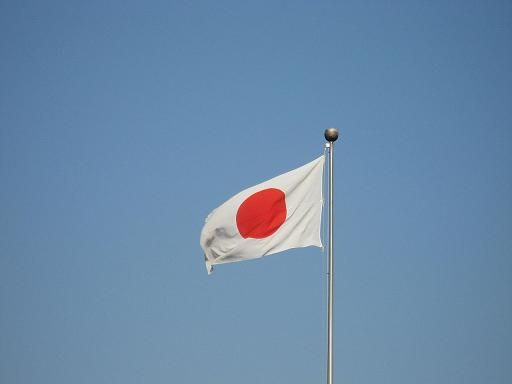Japan’s emissions fall to three-year low
GHG emissions in Japan have fallen to a three-year low due to growing use of renewable energy and reduced power demand

Japan’s greenhouse gas emissions have fallen to a three-year low due to growing use of renewable energy and reduced power demand, the government announced on Friday.
Newly released official figures show that emissions fell by 3.1 per cent in the fiscal year ending March 2015.
According to the data from the Ministry of Environment, GHG emissions fell for the first time in five years to 1.364 billion metric tonnes of CO2 equivalent from 1.408 billion tonnes the year before, which was the second-highest on record.
The figure was down by 2.4 per cent compared to 2005 levels and up 7.3 per cent compared to data from 1990.
Japan’s record of 1.413 billion metric tonnes was set in 2007, the data showed.
It is the first decline in carbon emissions since the 2011 Fukushima disaster forced the closure of nuclear power plants and an increased reliance on gas and coal.
The Ministry of Environment said that the reduction is due to energy saving measures, significant investment in renewable energy development, as well as fuel conversion and enhanced fuel efficiency of coal-fired power plants.
Japan is the world’s fifth biggest emitter of GHGs and set a target in July to cut its emissions by 26 per cent by 2030 from 2013 levels.
Only two of the country’s 43 nuclear reactors have returned to working order since they were all shut down in the wake of the meltdown at Tokyo Electric Power’s Fukushima Daiichi nuclear plant in March 2011.
In December, the Institute of Energy Economics Japan (IEEJ) forecast that a gradual restart of reactors and growing development of renewable energy would reduce the country’s energy-related CO2 emissions for a third straight year to 1.131 billion tonnes in fiscal 2016 from a record 1.235 billion tonnes in 2013.






